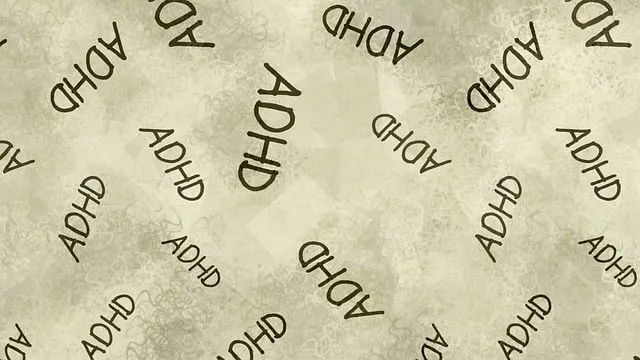Kaiser Permanente Denver provides specialized Crisis Intervention Team (CIT) training, empowering healthcare staff to support individuals in mental health crises through emotional regulation, de-escalation techniques, and cultural sensitivity. This tailored approach integrates evidence-based interventions and fosters an inclusive, responsive healthcare environment, addressing diverse community needs and enhancing overall wellness. Their comprehensive mental health services, including cultural competency training, ensure tailored care and improve health outcomes by building trust and eliminating barriers in Denver's diverse communities.
“Crisis intervention teams (CITs) play a pivotal role in supporting individuals in mental health crises. This article explores comprehensive CIT training programs, focusing on Kaiser Permanente’s Mental Health Services in Denver as a notable example. We delve into the benefits and impact of CIT training for community support, highlighting how such initiatives enhance crisis response capabilities and improve outcomes for those facing severe psychological distress. Discover how organizations like Kaiser Permanente contribute to building resilient communities through effective mental health interventions.”
- Understanding Crisis Intervention Team (CIT) Training Programs
- Kaiser Permanente's Mental Health Services in Denver: An Overview
- Benefits and Impact of CIT Training for Community Support
Understanding Crisis Intervention Team (CIT) Training Programs

Crisis Intervention Team (CIT) training programs are designed to empower individuals with the skills needed to support those experiencing mental health crises. These comprehensive courses equip participants with knowledge about various mental health conditions, crisis de-escalation techniques, and communication strategies. In the vibrant landscape of healthcare services in Denver, organizations like Kaiser Permanente play a pivotal role in promoting mental wellness by offering specialized CIT training.
The program’s focus on emotional regulation and anxiety relief is particularly notable, addressing critical aspects of mental health support. Through interactive workshops and real-world scenarios, participants learn how to recognize signs of distress, provide effective interventions, and connect individuals with appropriate resources. This tailored approach ensures that crisis responders are equipped to handle situations with sensitivity and professionalism, fostering a supportive environment for those seeking help in their community.
Kaiser Permanente's Mental Health Services in Denver: An Overview

Kaiser Permanente, a renowned healthcare provider, offers comprehensive mental health services in Denver, catering to a diverse range of community needs. Their approach integrates emotional intelligence and cultural competency training to ensure effective care for all individuals. By providing these essential programs, Kaiser Permanente empowers its staff to develop coping skills that are tailored to the unique experiences and backgrounds of those they serve. This holistic strategy not only enhances the quality of mental health support but also fosters a more inclusive and responsive healthcare environment in Denver.
The mental health services in Denver, as part of Kaiser Permanente’s broader initiative, focus on addressing various aspects of emotional well-being. Through these programs, healthcare providers are equipped with the knowledge and skills to offer evidence-based interventions, cultural sensitivity training, and strategies for building resilience among individuals seeking support. This comprehensive approach reflects the organization’s commitment to not only treating mental health conditions but also promoting overall community wellness in a diverse urban setting like Denver.
Benefits and Impact of CIT Training for Community Support

Crisis Intervention Team (CIT) training programs have become increasingly vital in fostering a supportive community environment, especially for those struggling with mental health challenges. These initiatives equip community members, including healthcare providers, with essential skills to recognize and respond to crises effectively. By participating in CIT training, individuals gain a deeper understanding of the impact of trauma and mental illness, allowing them to offer more culturally sensitive and compassionate support.
For instance, Kaiser Permanente, known for its comprehensive healthcare services in Denver, recognizes the importance of such training. Their Healthcare Provider Cultural Competency Training emphasizes cultural sensitivity in mental healthcare practice, ensuring their staff are prepared to address the unique needs of diverse communities. This approach not only benefits individuals within these communities but also contributes to improved overall health outcomes by breaking down barriers and fostering trust between patients and caregivers.
Crisis Intervention Team (CIT) training programs, like those offered by organizations such as Kaiser Permanente’s Mental Health Services in Denver, play a pivotal role in enhancing community support and improving response to mental health crises. By equipping individuals with the necessary skills, these programs foster a more compassionate and effective emergency response system. The benefits extend beyond immediate crisis resolution, contributing to long-term positive outcomes for those experiencing mental health challenges. Given Kaiser Permanente’s leadership in mental health services in Denver, their CIT training initiatives are instrumental in building resilient communities capable of supporting individuals during times of crisis.






